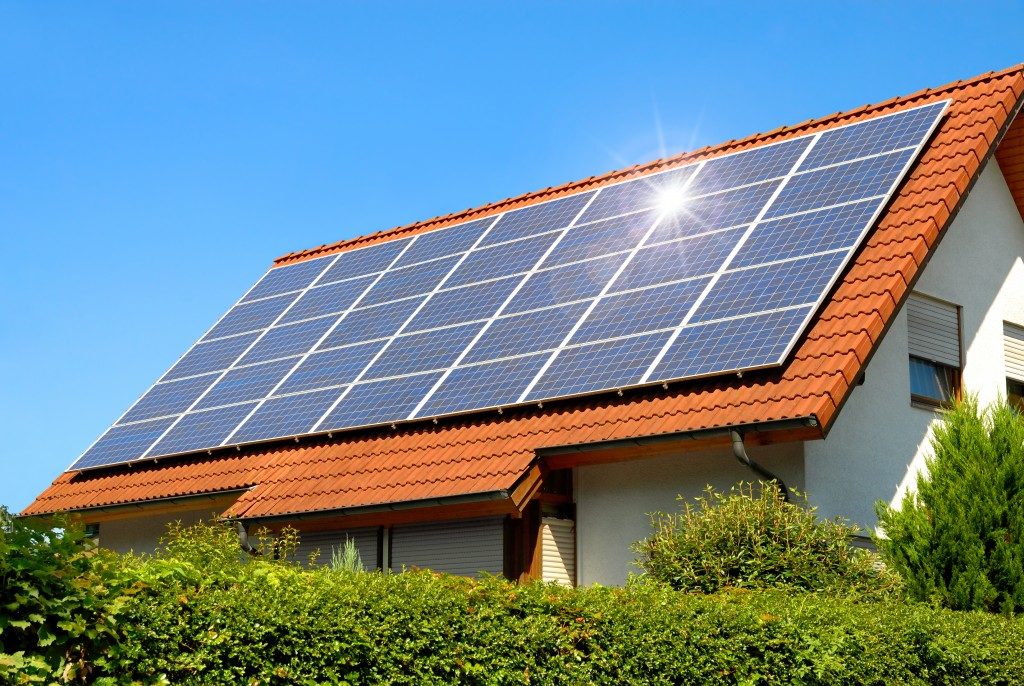Saving electricity is an ideal way of conserving natural resources. Conventional sources of energy are unrenewable and, therefore, should be conserved. Various methods of minimizing energy consumption should be used. Examples include the use of alternative sources of energy and energy-efficient appliances.
Substitute sources of energy
Alternative sources of energy should be sought to minimize electricity usage. Such include solar energy, wind energy, and tidal energy. There are companies that install residential solar power systems in Sandy, Utah. Solar power involves utilizing the sun’s power using photovoltaic cells. The cells capture the sun’s energy photons and convert them into power.
Wind power utilizes wind energy to provide electricity. Windmills convert rotational energy into electric power through the use of turbines. Human beings have harnessed the steady and predictable rise and fall of tides to generate electricity by the use of turbines. Tidal energy is a viable energy source for regions that have high tidal ranges.
Biomass energy, on the other hand, is obtained through biological processes such as the anaerobic digestion of agricultural products such as corn. Such biofuels include bioethanol and biodiesel. Geothermal power harnesses energy flowing through the earth available in hot springs and magma conduits to rotate turbines that generate electricity.
Alternative sources of energy are both renewable and green sources. They offer better or comparable performance but do not emit carbon dioxide and greenhouse gases. They are, therefore, environmentally friendly and a cheaper source of electricity. The overall cost of installation and maintenance of alternative energy sources is lower than the cost of paying electricity bills frequently. Choosing alternative sources of energy in your home not only saves energy but also saves you money.
Develop energy-saving habits
Energy-saving habits such as switching off lights that are not in use should be adopted. Turning off lights when one leaves a room is necessary to save on energy. Moreover, using sunlight to illuminate your house during the day conserves energy. Heating water using electricity consumes a lot of energy. It can be minimized by taking shorter hot showers and reducing the usage of hot water.
For example, one should turn off hot water faucets when brushing their teeth and when shaving. Lowering your thermostat by two to five degrees will help you heat your room at a lower cost. Besides, running full loads on your washing machine aids in the efficient use of electricity.
Occasionally switching from hot to cold water when doing your laundry is an ideal way of minimizing electricity usage. Plugged in electronics that are not in use continue to consume standby power and should always be unplugged. Such simple routine tasks go a long way in reducing energy consumption.
Use energy-efficient appliances

The use of energy-efficient appliances is essential for energy conservation. Switching your lighting technology from incandescent light bulbs to energy-efficient LED bulbs saves on energy. Incandescent bulbs are cheaper to manufacture and purchase. But they lead to energy wastage in the form of heat. They also have a shorter lifespan.
LED bulbs, on the other hand, are relatively expensive but cheaper to maintain. They are durable and offer energy-efficient lighting. Replacing older models of electronics with newer energy-efficient models is a perfect method of conserving energy. Old gadgets such as television sets and refrigerators should be disposed of or recycled.
Saving energy not only reduces your energy costs but also reduces the demand for electricity. Everybody should play their role in the conservation of energy so that non-renewable energy sources are not depleted.

